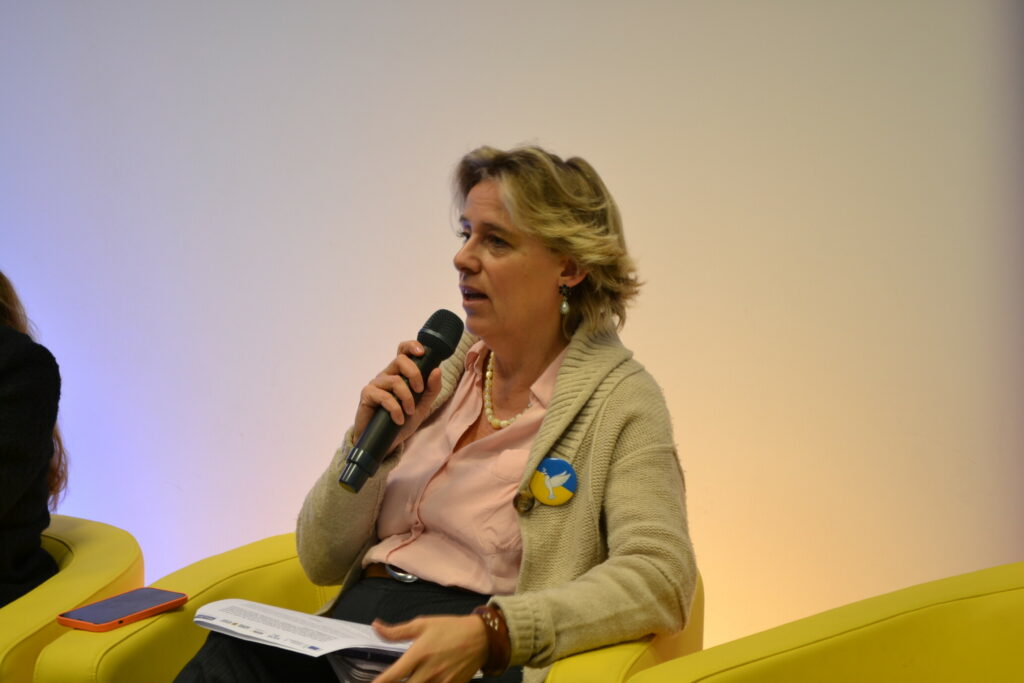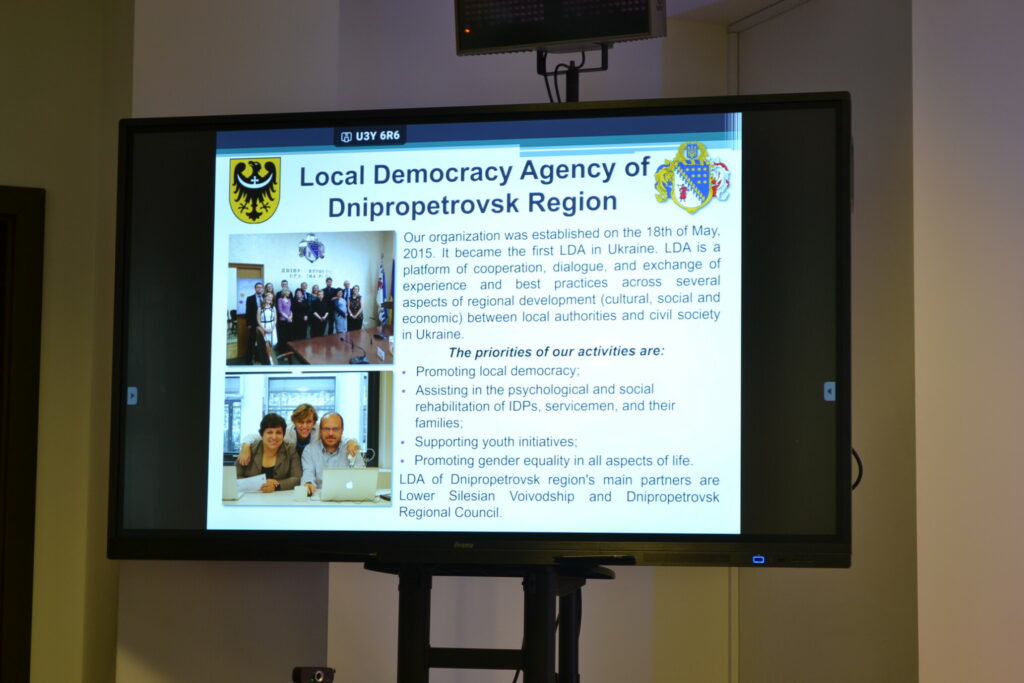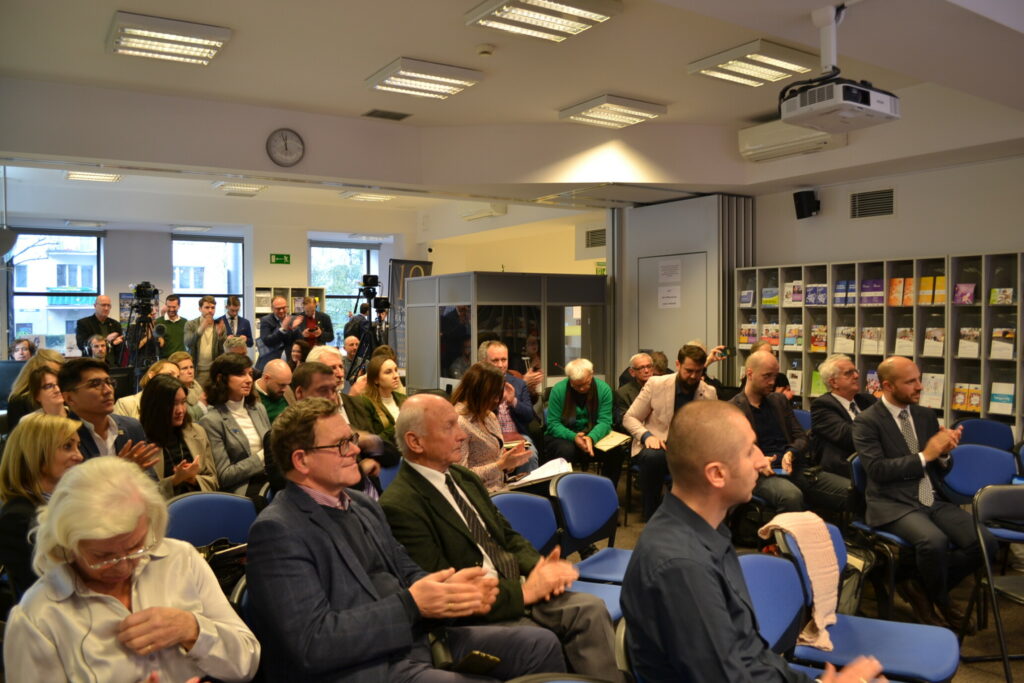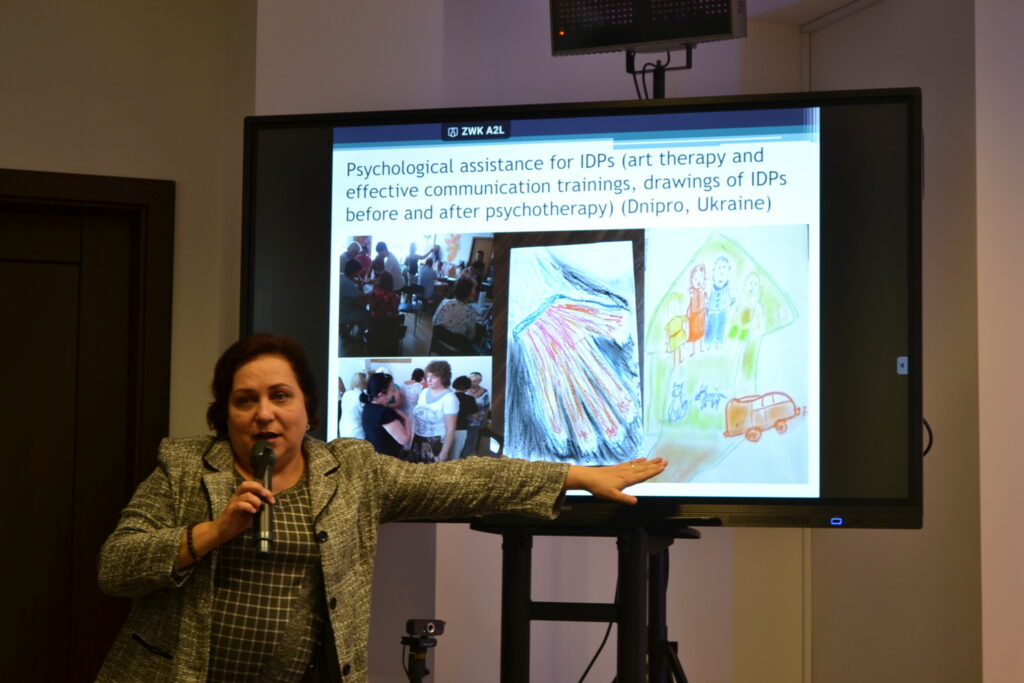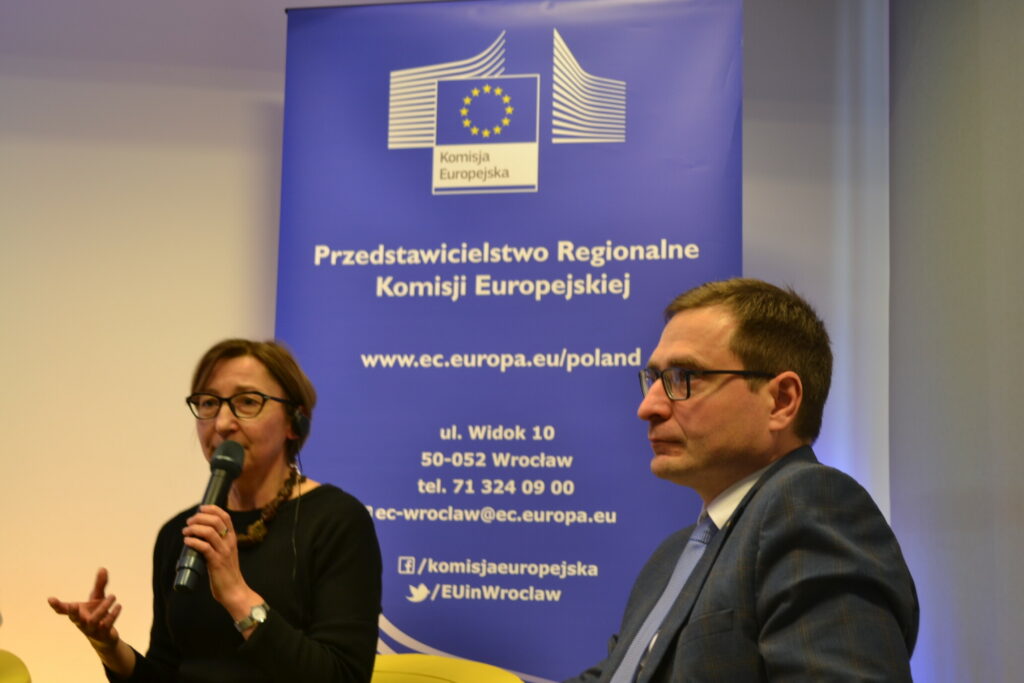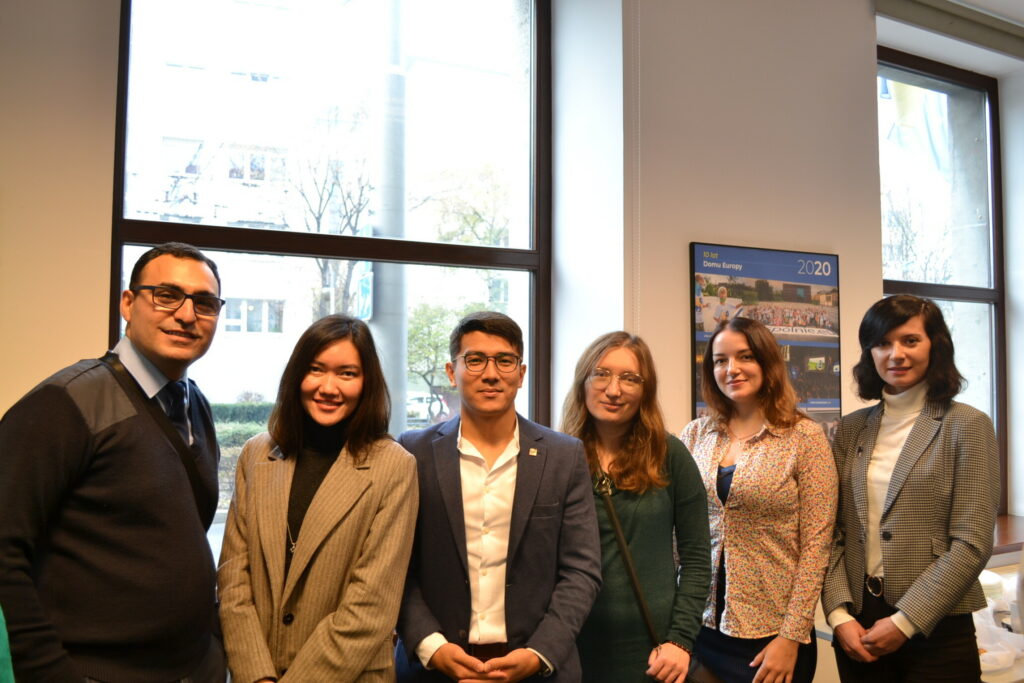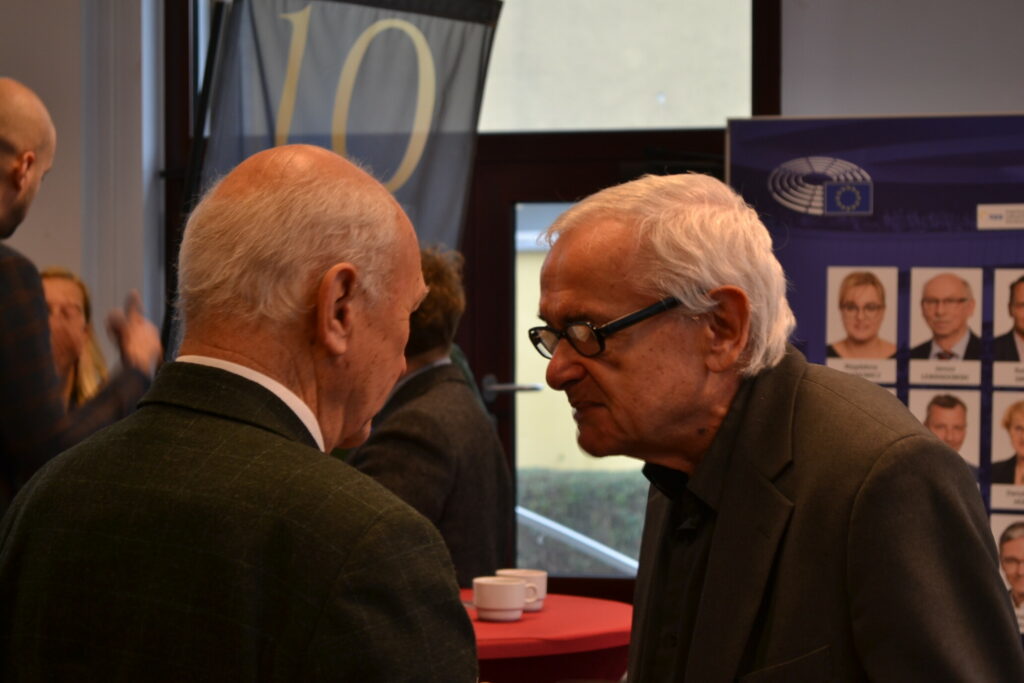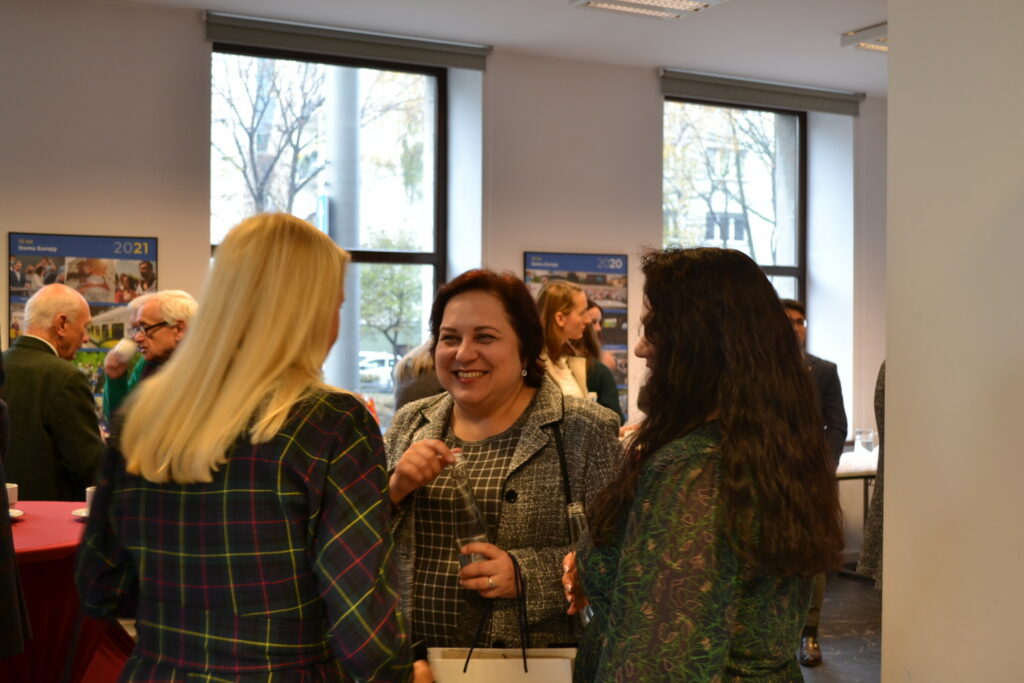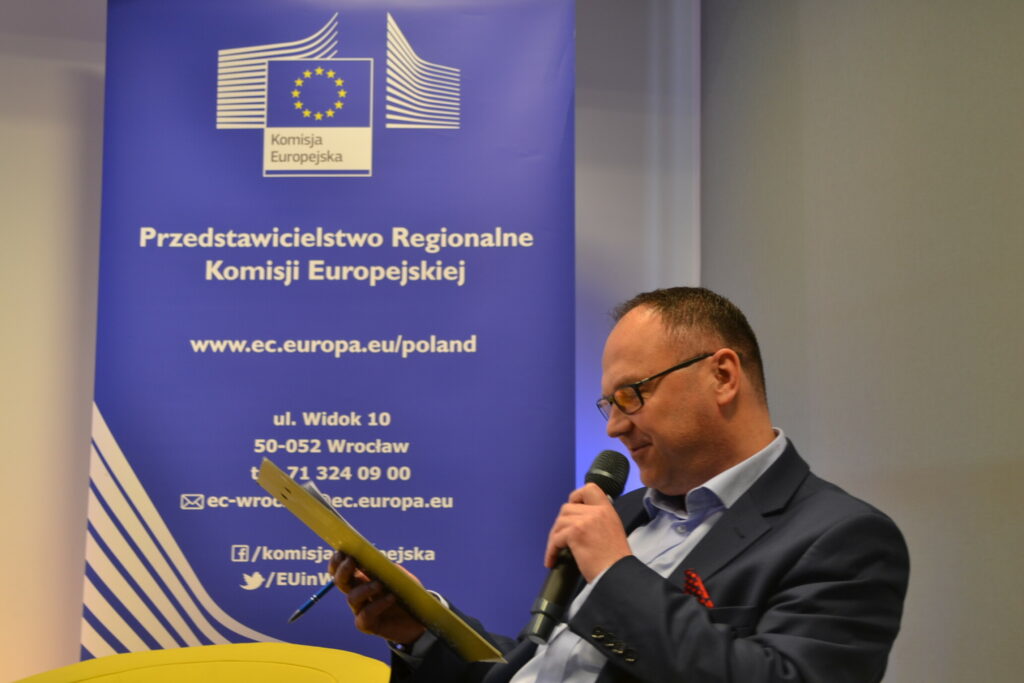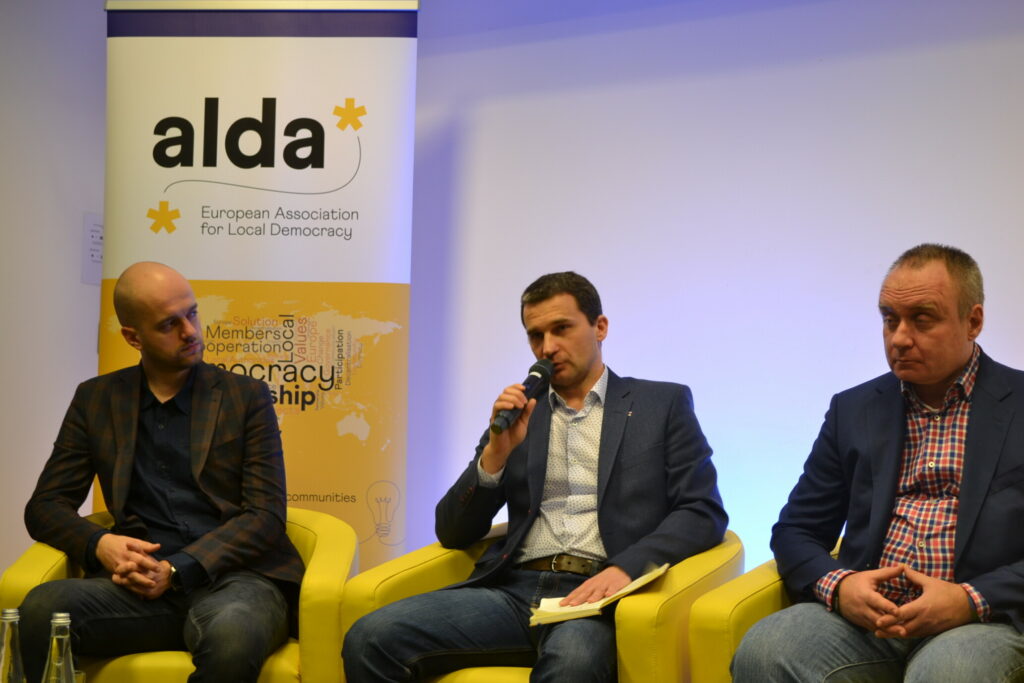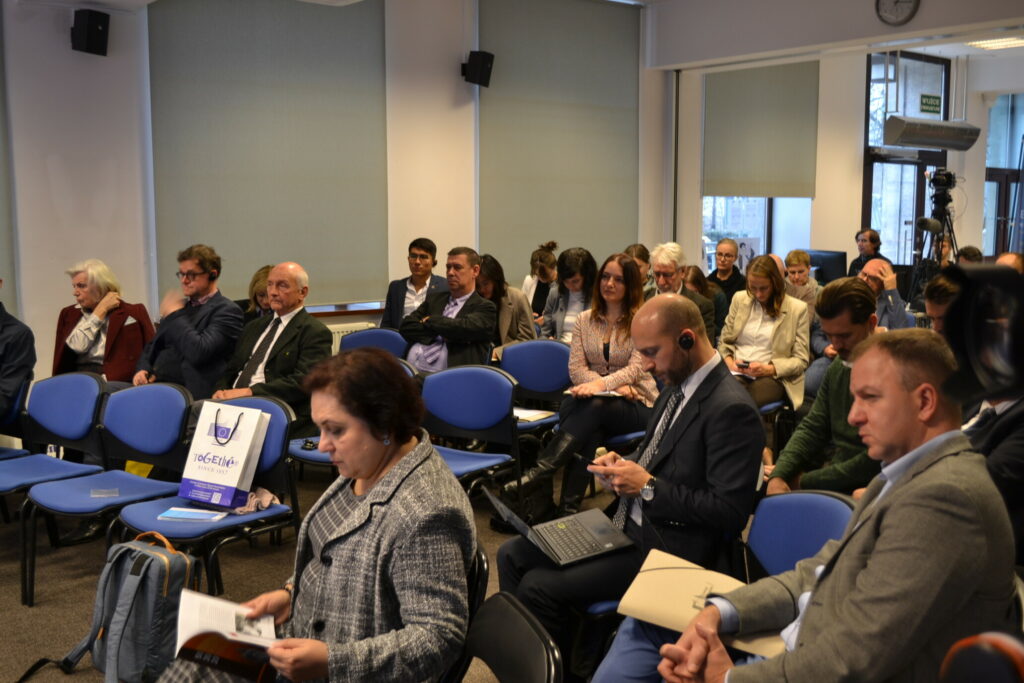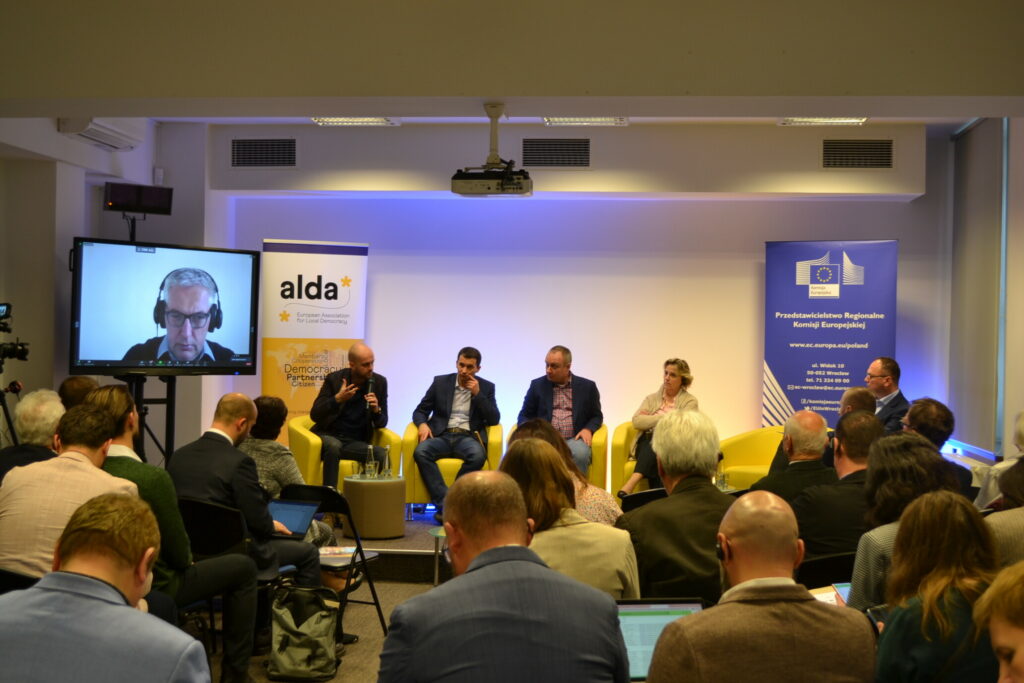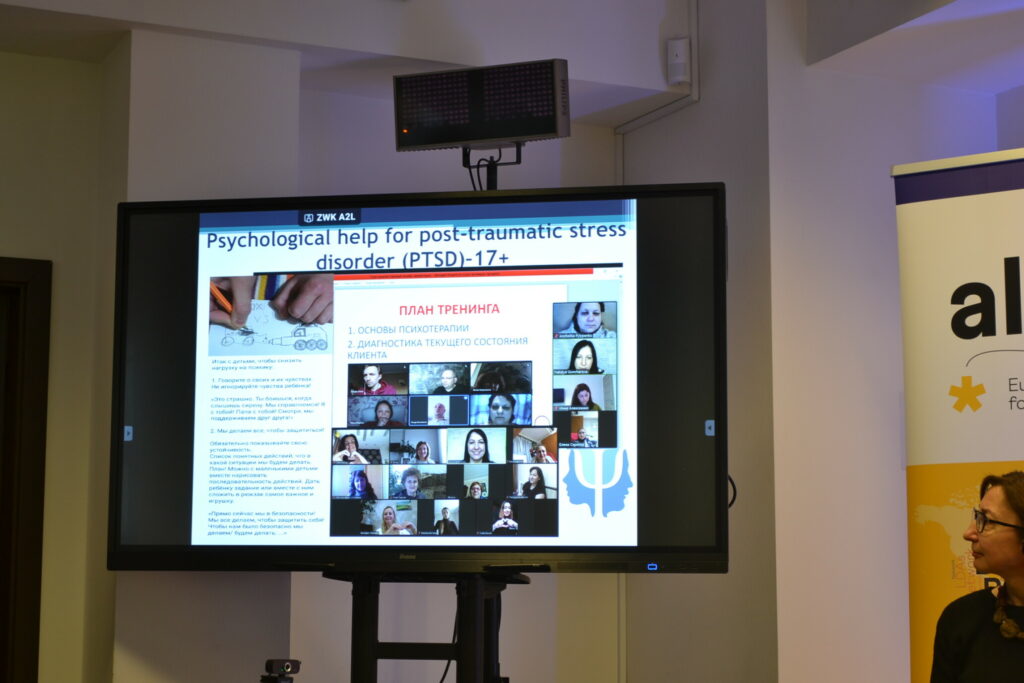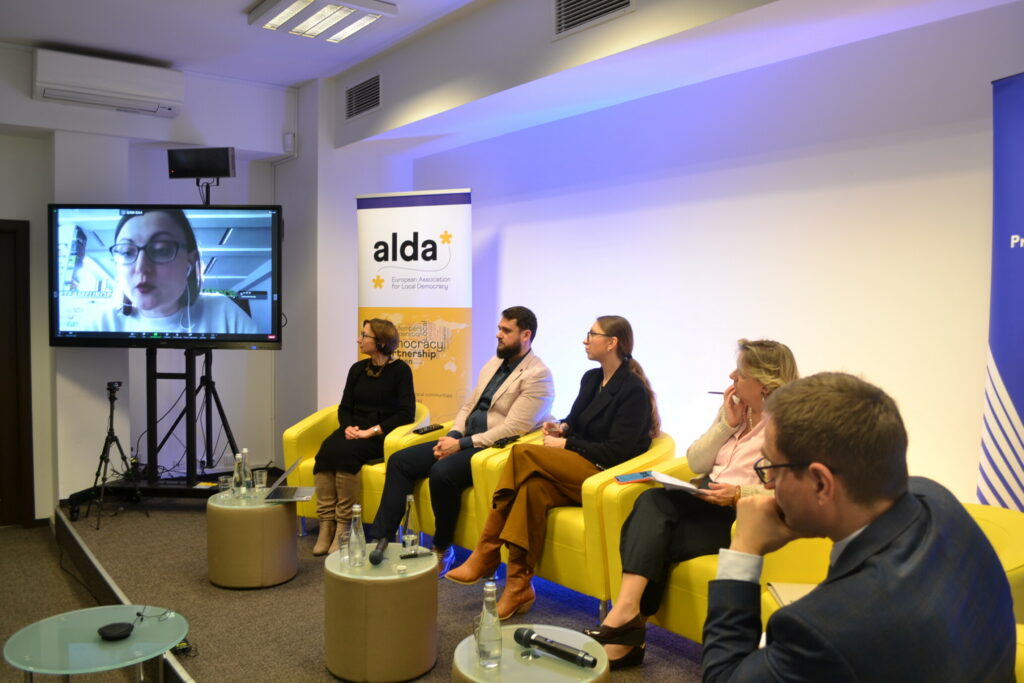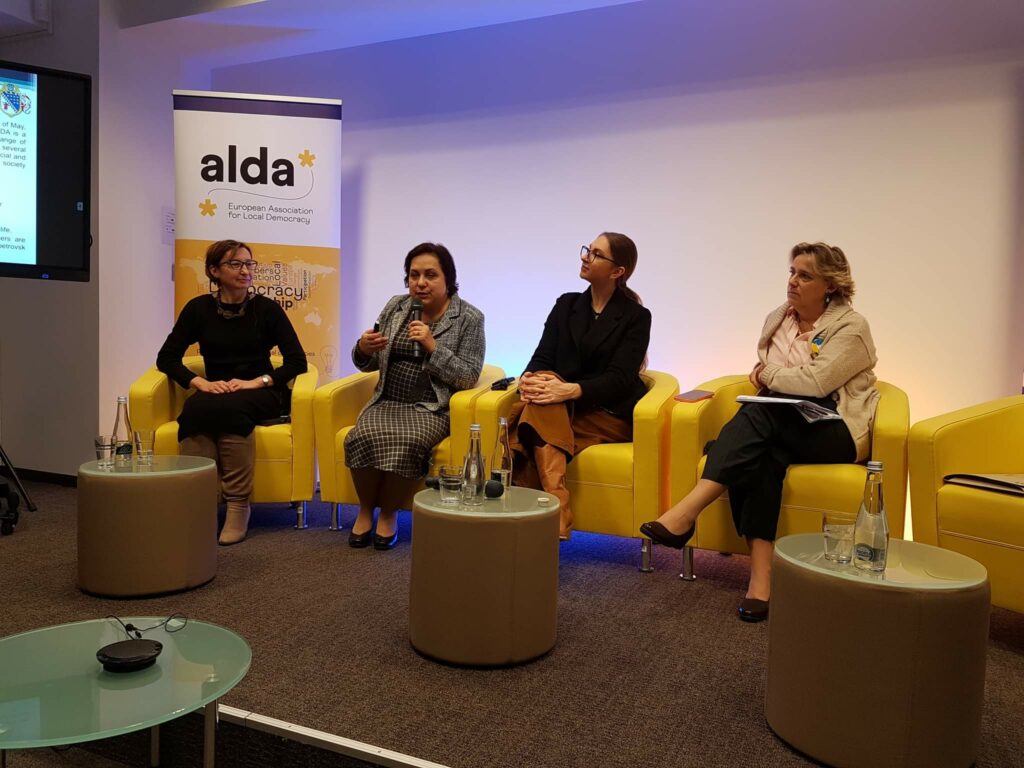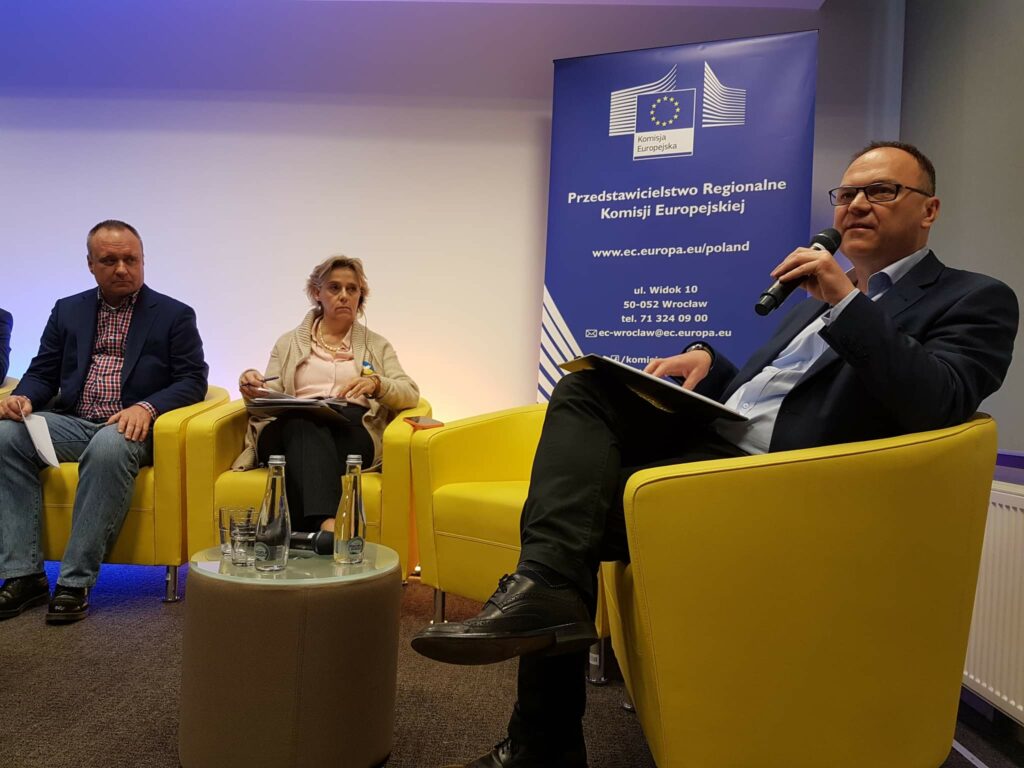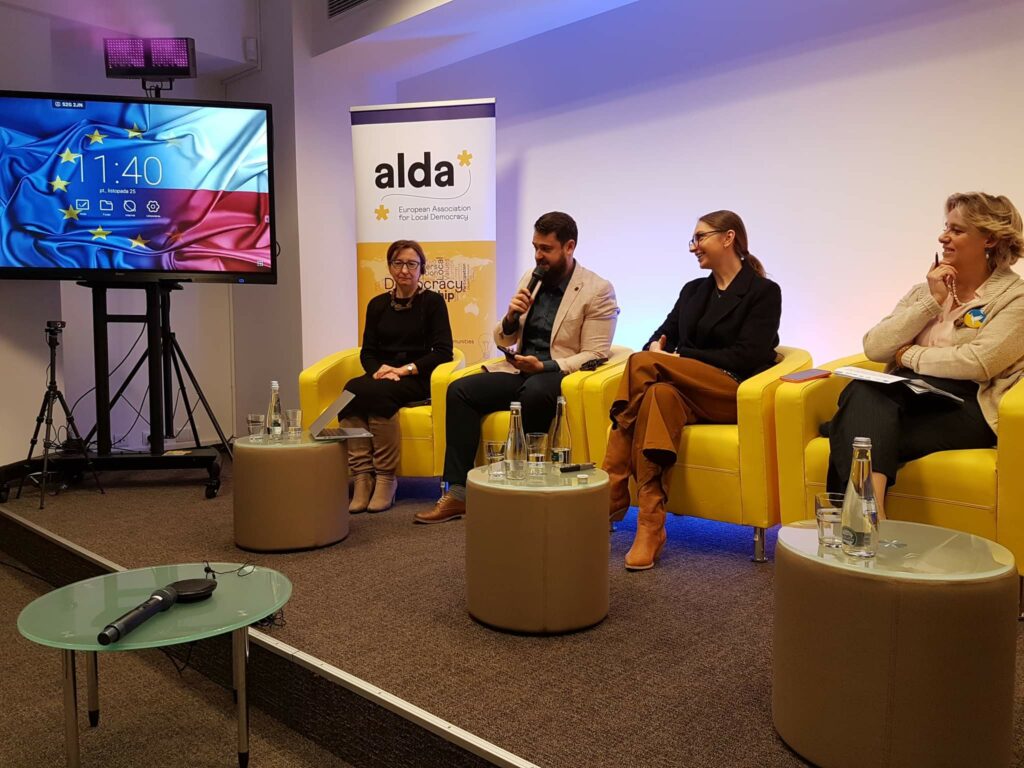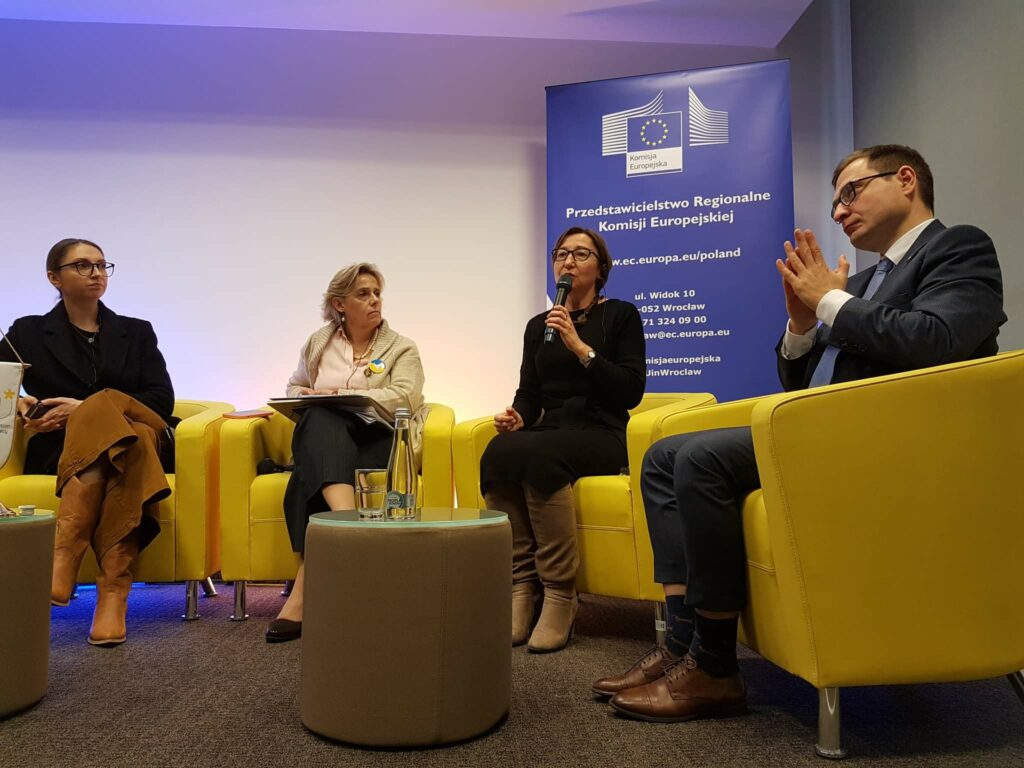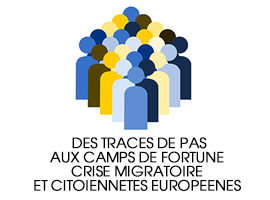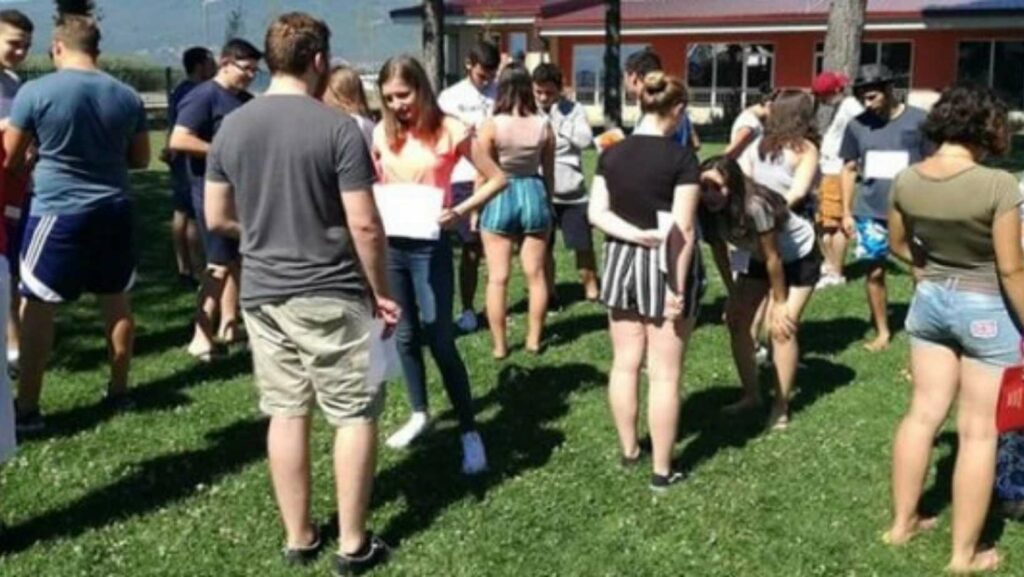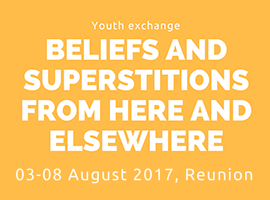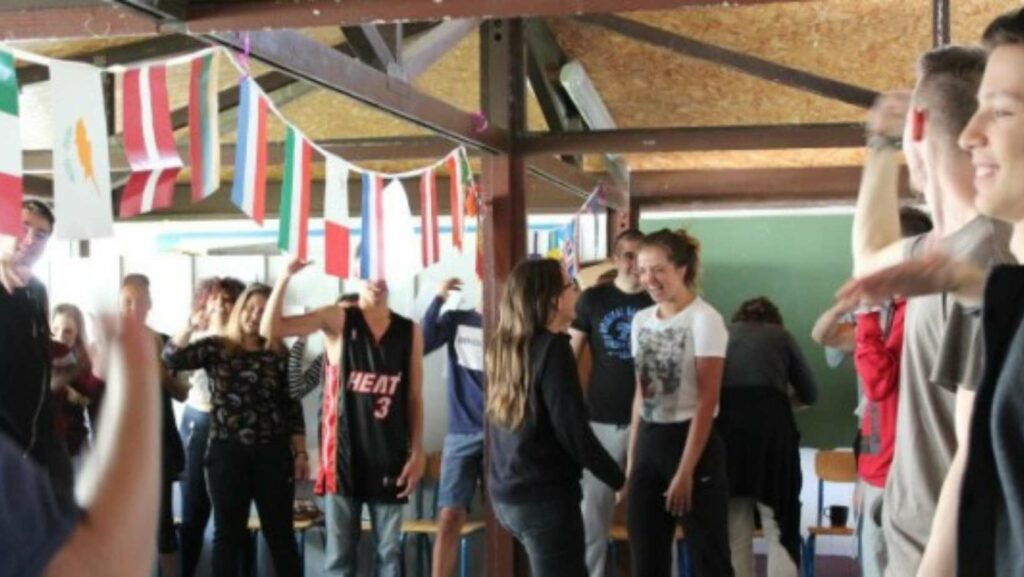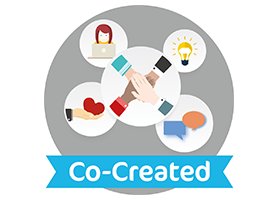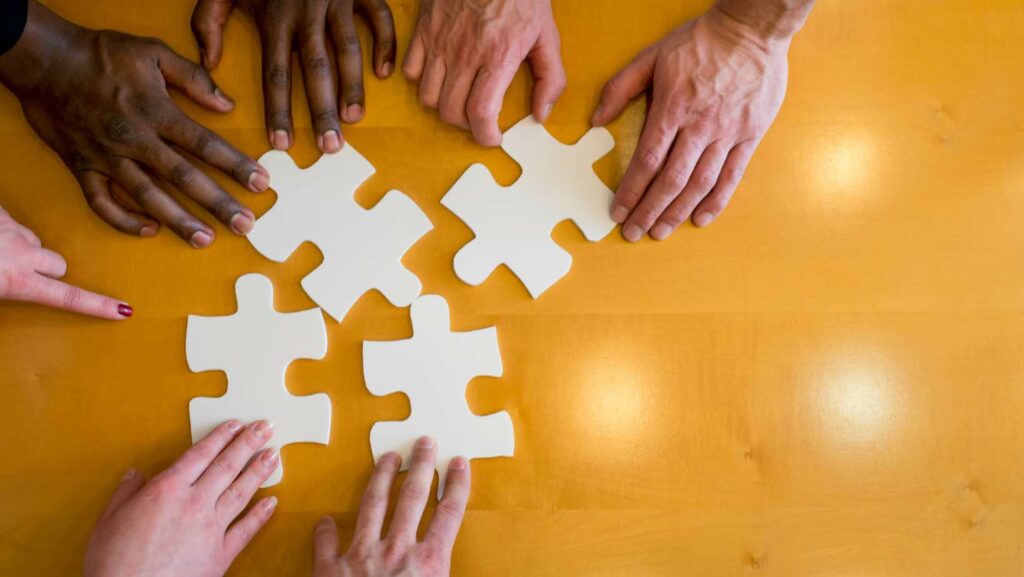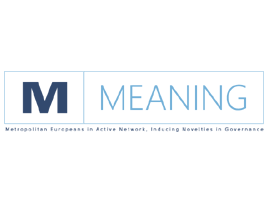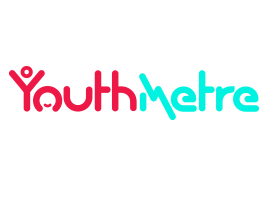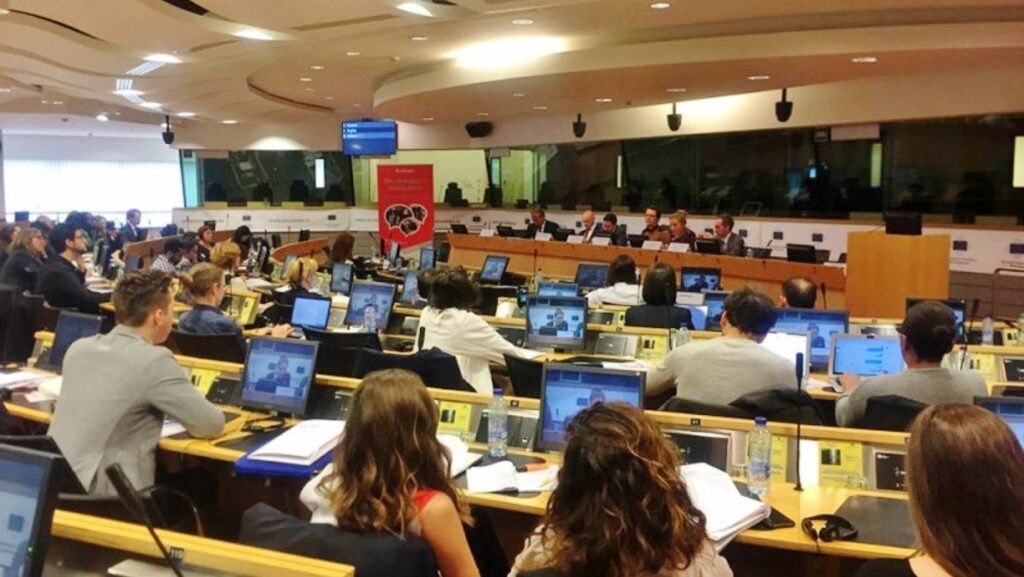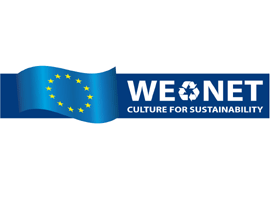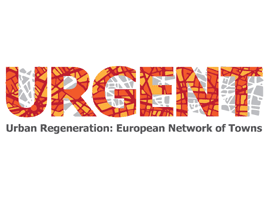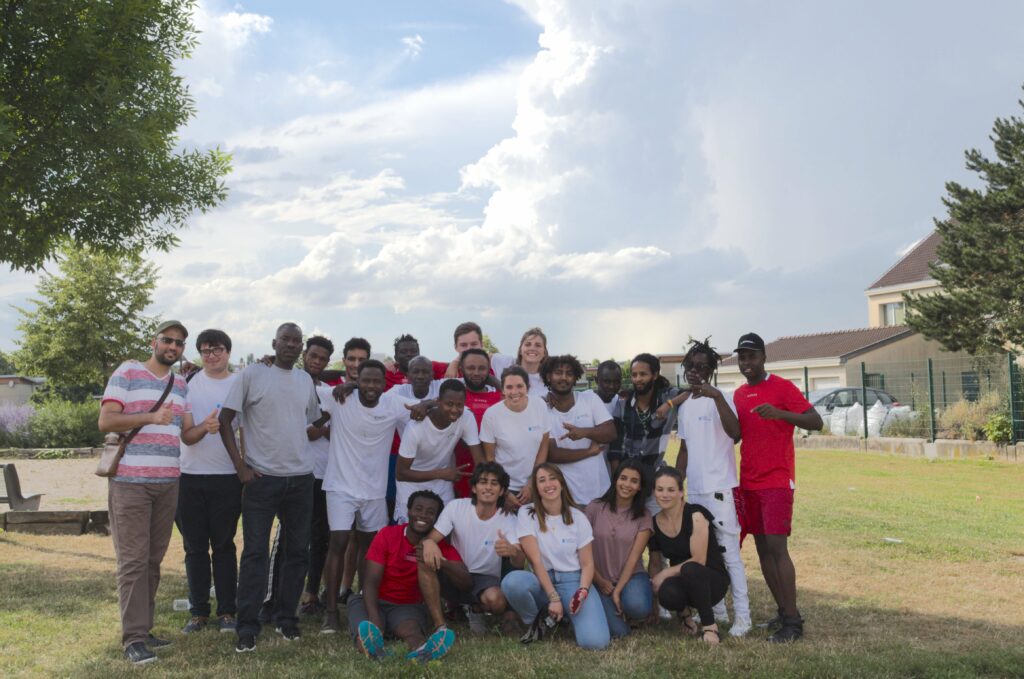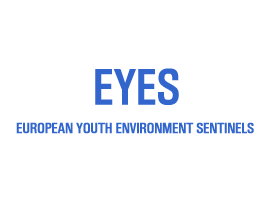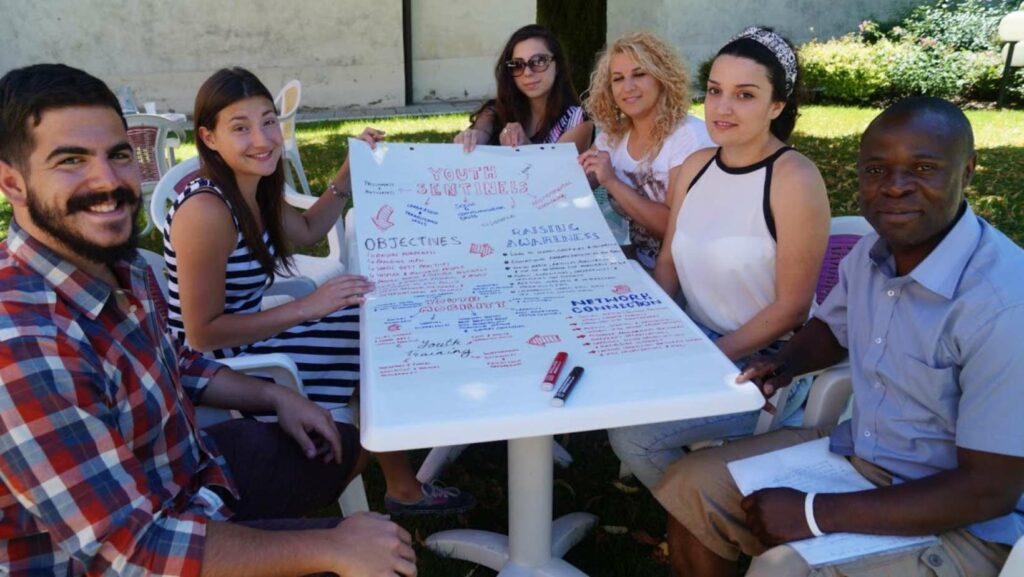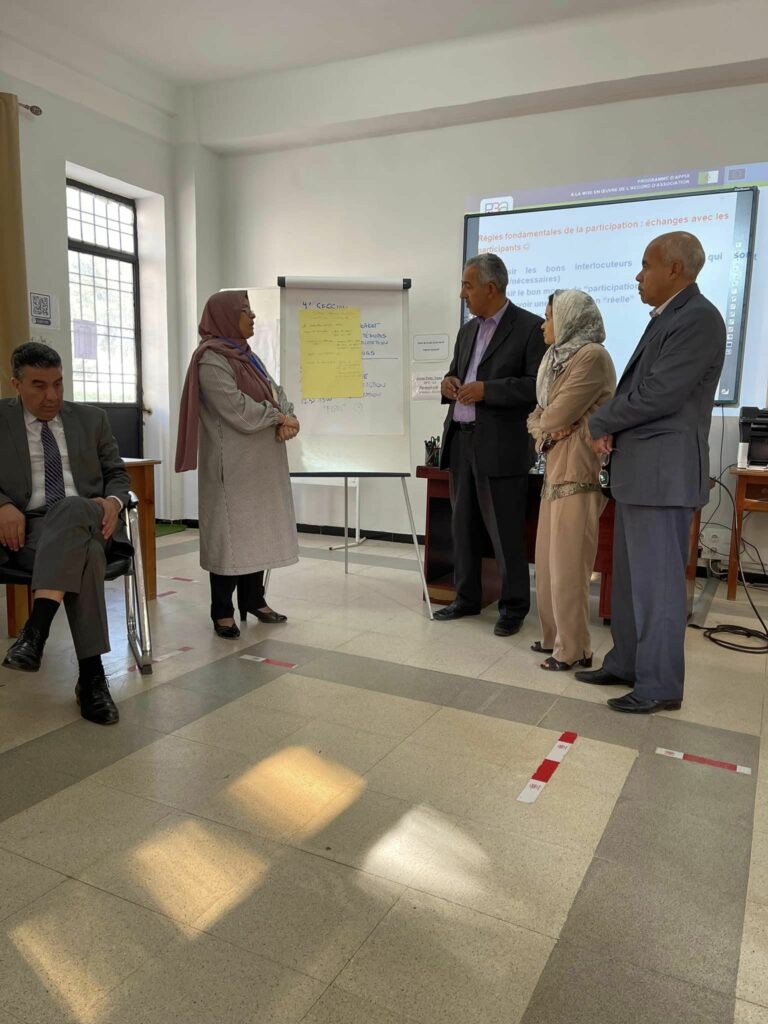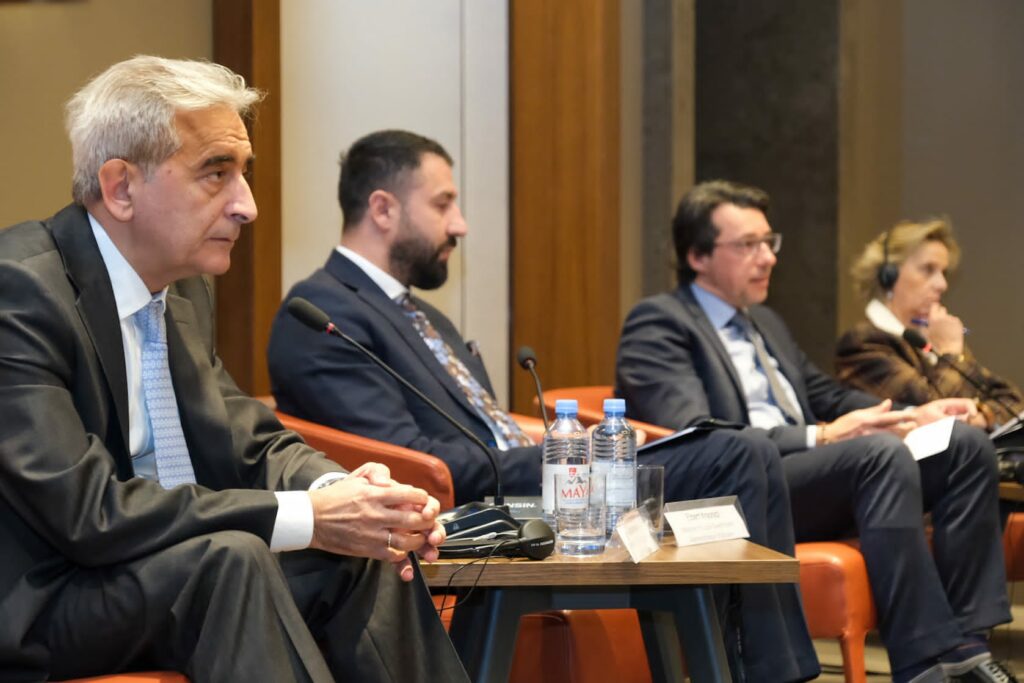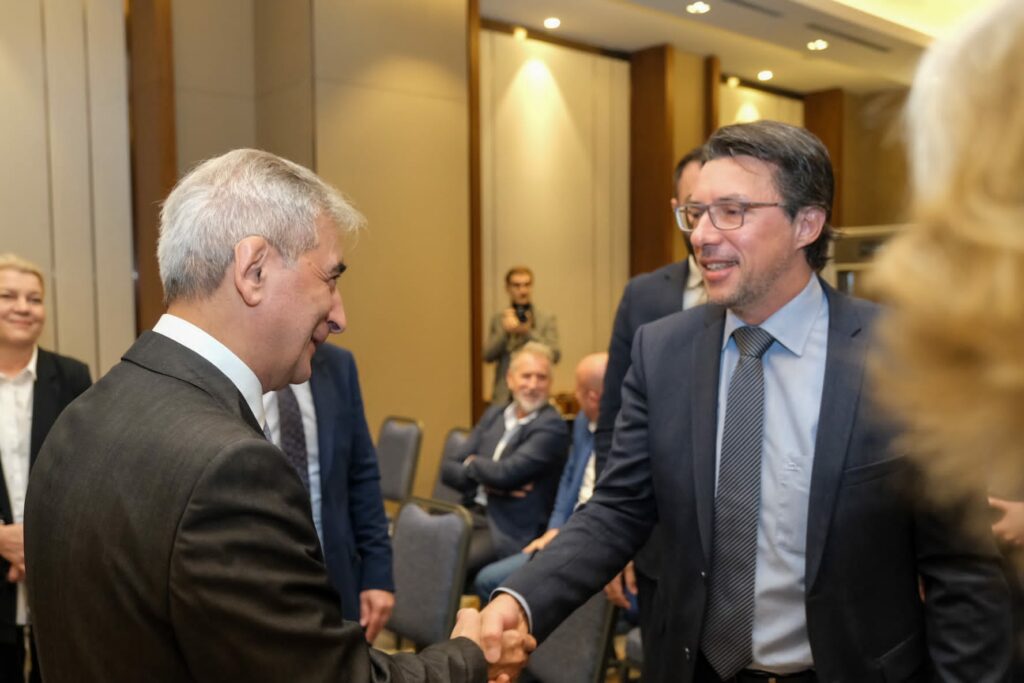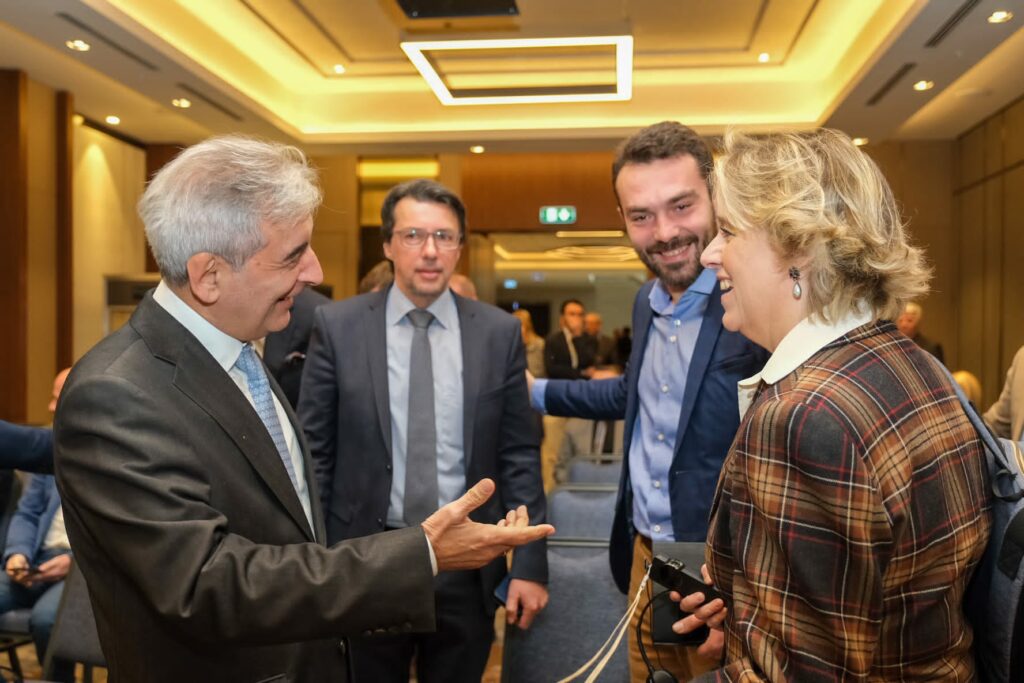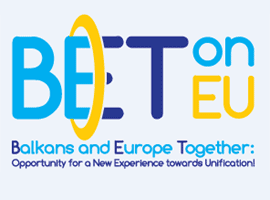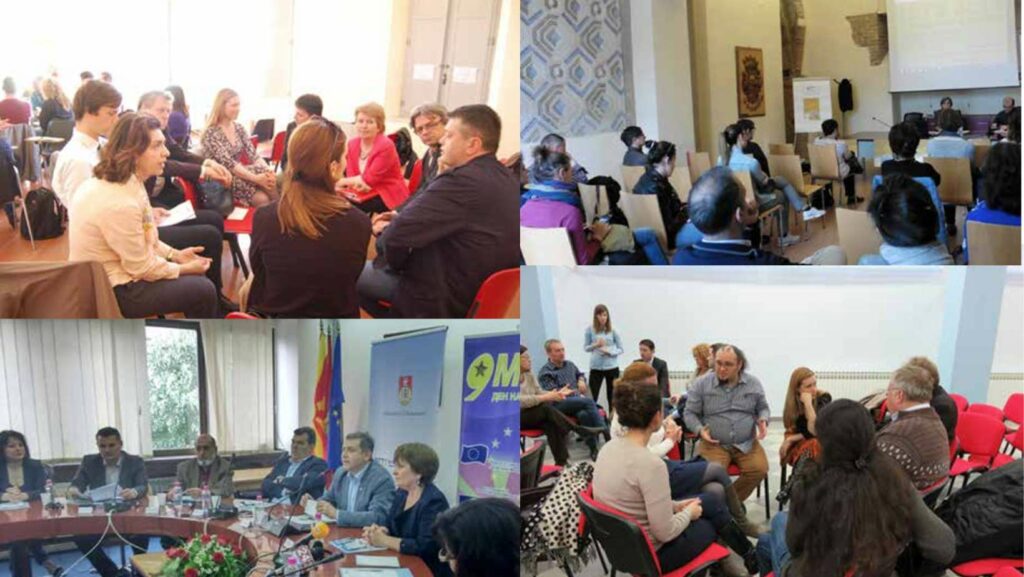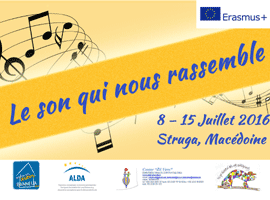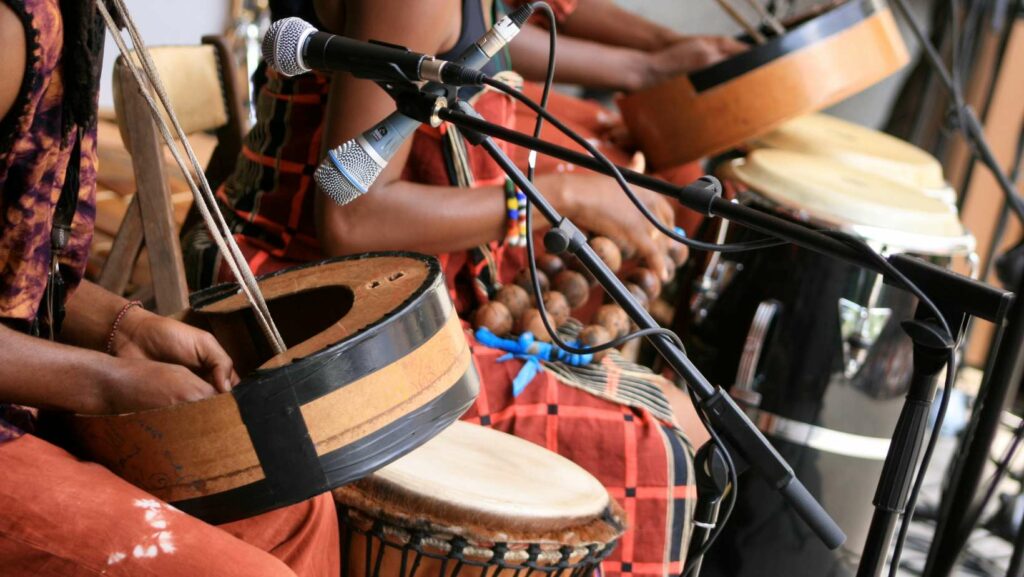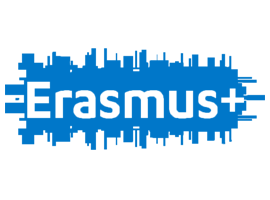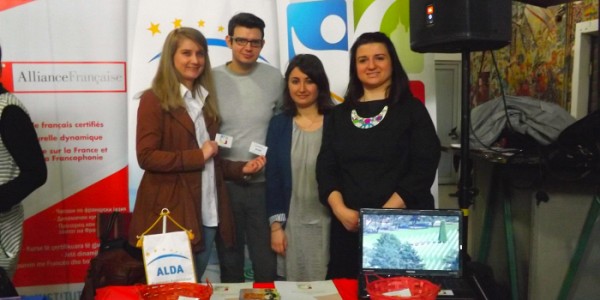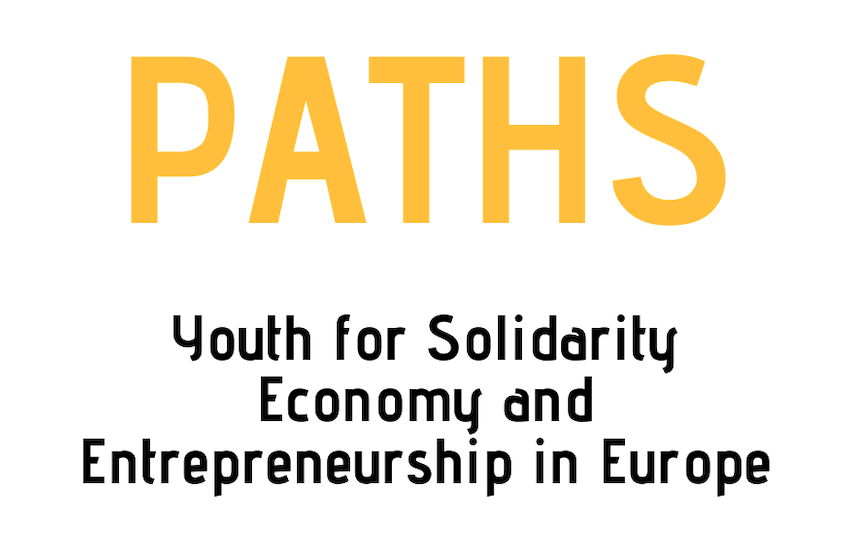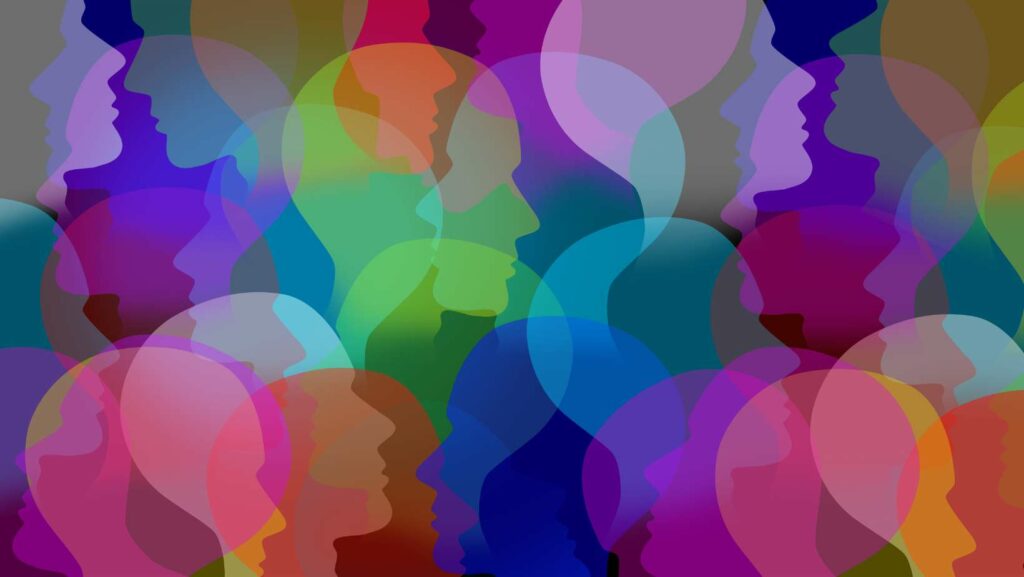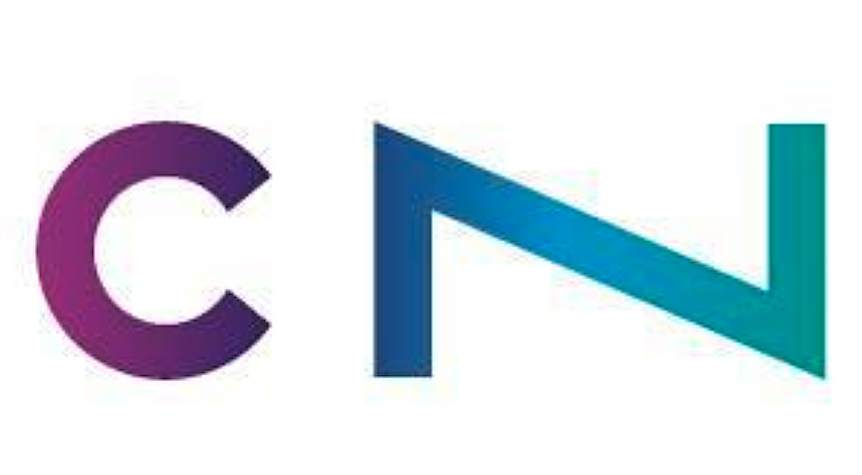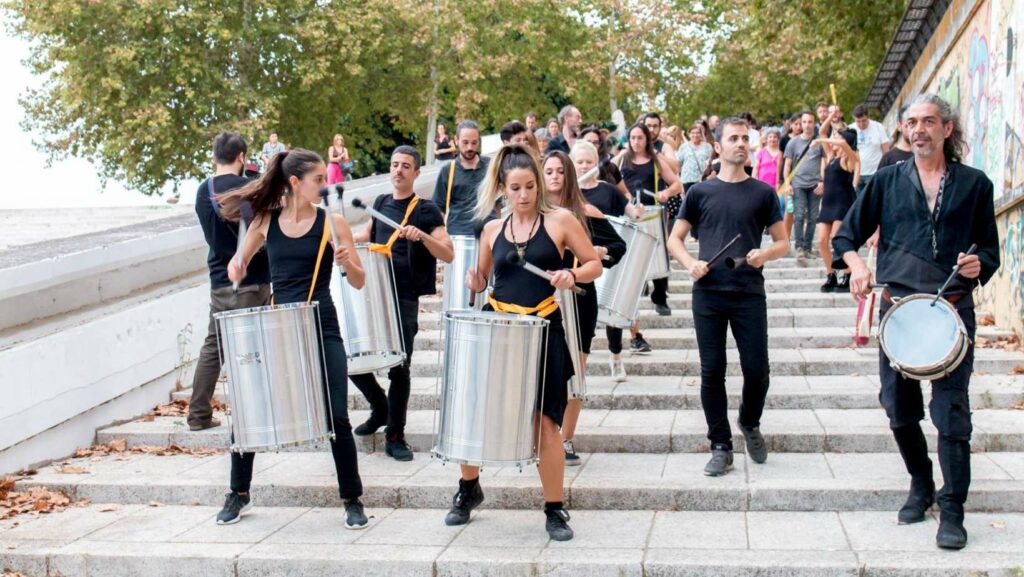November marked an important milestone in developing cooperation for democracy. The high-level conference organised by Regional Representation of the European Commission in Wroclaw and the College of Eastern Europe, further testified the commitment not only of ALDA, but also of many international and multi-stakeholders in supporting Ukraine.
Held in Wroclaw and entitled “Development Cooperation for Democracy: the role of local governments and civil society. A multistakeholder tool to support Ukraine”, the conference gathered different actors, be they institutions or civil society organisations, to exchange and reflect on how to develop a holistic approach to respond to the crisis.
“Today, at the House of Europe in Wrocław, we are talking about development cooperation for democracy and support for Ukraine fighting for our common freedom”, said Mr. Jacek Wasik, Director of the Regional Representation of the European Commission in Wroclaw in his opening speech. The same spirit of cooperation and hope was also stressed by Laurynas Vaičiūnas, Chairman of the Foundation College of Eastern Europe
The added value of this conference was underlined by the representative of the city of Wroclaw as well; recalling the deep bond among noth only the two countries, but also among the Polish city with the two sisters-cities in Ukraine: Lviv and Kyiv.
Similarly, Oriano Otočan, ALDA President, shared the experience of the Association in the management of post-conflict situations. Thus, ALDA itself was initiated after the war in Western Balkans, bringing together both local and international stakeholders to ease the situation and provide solutions.
If on the one hand democracy is now under attack in Ukraine, on the other hand and especially for the Country of Kyiv, the decentralisation process is fundamental. As mentioned by Giulio Venneri, Team leader, Rule of law and Democracy Team, DG NEAR, European Commission, local leadership is the key element now also in order to guarantee future resilience.
“At the House of Europe in Wroclaw we are talking about development cooperation for democracy and support for Ukraine”
Furthermore, support should be given also in terms of finance, as well as “on-site” projects: the renovation of a school building is among the examples illustrated by Marcin Krzyżanowski Deputy Marshall of the Lower Siliesia Voivodoship.
A further insight on the local situation has been provided by Svitlana Yarova, Member of the City Council Vinnitsa, Deputy Head of the Institut for City Development, who presented the integrated development of Vinnystia. In addition, Yana Brovdiy, Officer – International Partnerships (U-LEAD), CEMR, illustrated the activities done not only in Ukraine but also in the EaP region, especially on digitalisation and gender equality. Another great voice from the civil society world came from Carlotta Besozzi – Coordinator Civil Society Europe – who stressed the importance of including CSOs in the instrument of Rebuild Ukraine; and Alexandru Coica, reporting on the successful examples of the Local Democracy Agencies, as testified by Anzhelika Pylypenko, Representative of LDA Dnipro.
The second panel was entirely dedicated to the key role of civil society organisations, precisely focusing on “Decentralised cooperation, multi stakeholder cooperation and city Diplomacy as a tool for development cooperation – practical recommendations”
Thanks to this moment of exchange, panellists and participants had the opportunity to work on a draft declaration. “The Polish democratic transformation was a strong success, it should be an export product and we should be more aware of that and adopt a strong narrative on this matter” expressed Bartek Ostrowski – ALDA Vice President.
Panellists joining this moment were all professionals and experts working closely with people and citizens; while transferring the need of the society to the institutions; bridging the two sides. “ Being a part of the international environment means being a part of a learning community. Solidarity is key to have a place in the global world”, emphasised Antonella Valmorbida, Secretary General of ALDA. The idea of CSOs as a bridge between people and institutions was also reiterated by Artem Zozulia, Chairman of the Ukraine Foundation; while Denis Schrey, KAS, Programme Director of the Multinational Development Policy Dialogue and Network Coordinator, European Network of Political Foundations (ENOP) stressed how “The multi-stakeholders approach is key to translate the cultural differences between countries”.
Similarly both Jan Wais, Deputy Director of the Office for International Cooperation, Wroclaw Municipality; and Krzysztof Latka, Chairman of the Foundation for the Central and Eastern Europe Development contributed by providing their own perspectives and insights so that to foster the collaboration and mutual understanding when working together for a common goal.
Overall, this conference not only proved the continuous commitment to peace and democracy of ALDA and the institutions and CSOs joining together in the event, but also demonstrates that collaboration and multilateral cooperation are key factors to provide concrete solutions to the current war that Ukraine is facing.
